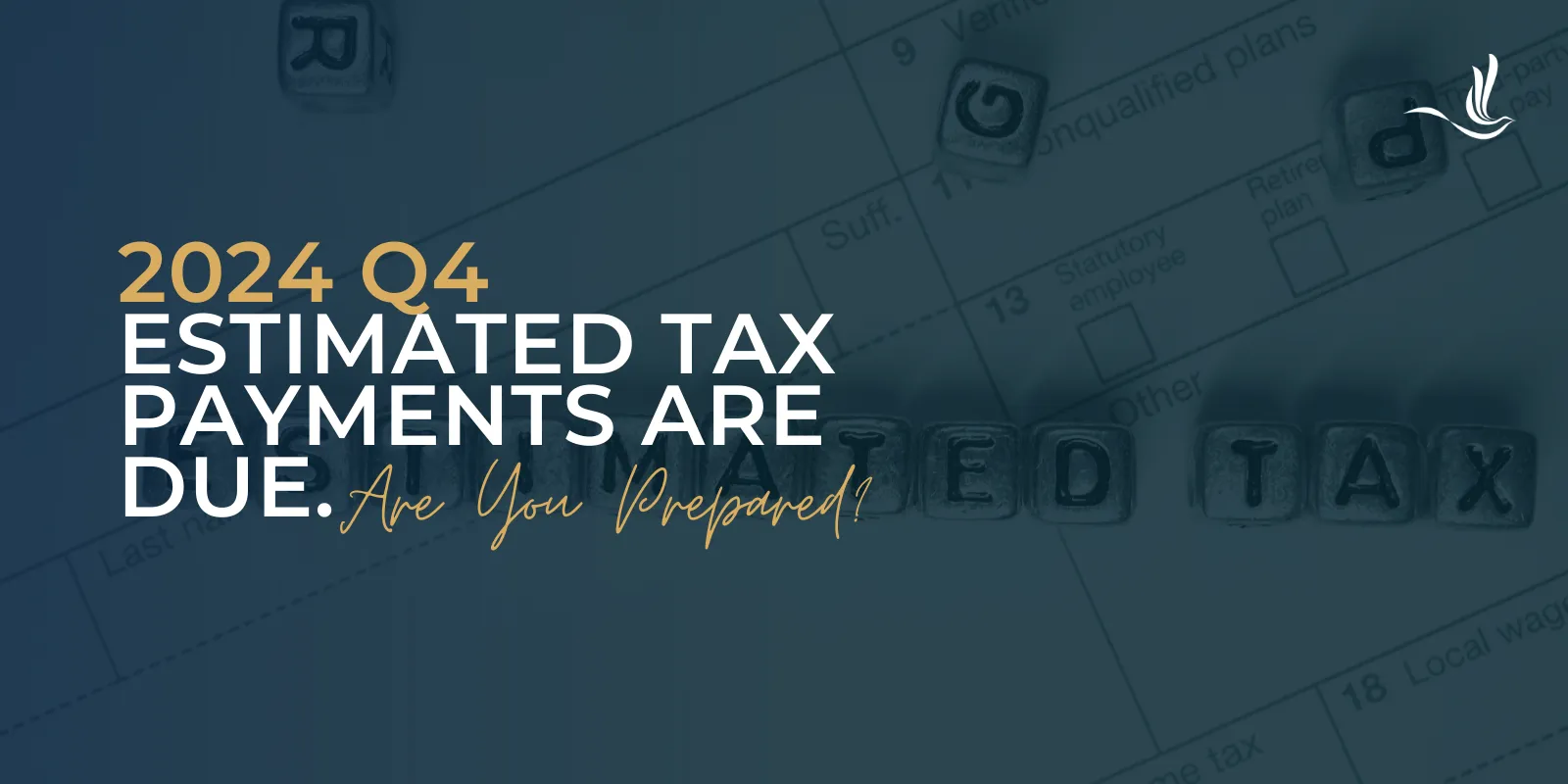This post is part of a series sponsored by Darkhorse Insurance.
When you start an insurance agency, it’s an exciting venture! But, it requires careful planning and strategy. Putting together a detailed insurance agency business plan is key to ensuring your success as an agent. Whether you’re just beginning or looking to refine your current operations, a well-structured business plan can guide your decisions and help you stay on track. This article will explain the necessary sections you’ll need to have in your business plan.
Why Do You Need an Insurance Agent Business Plan
Having a business plan is key to the success of your insurance agency. It’s more than just a document for getting funding — it’s your guide for growing your business. A good plan keeps you focused on your goals, helps you adapt to market changes, and allows you to make smart decisions as your agency grows. Without a clear plan, you could miss important opportunities or face challenges that slow you down. As an agent, a solid business plan helps you be ready to handle the ups and downs of the industry, especially if you’re looking to start an insurance brokerage.
What Should Your Insurance Agency Business Plan Contain?
When developing a business plan for your insurance agency, you need to ensure that every essential component is addressed. This will serve as a roadmap for your agency’s success, helping you stay organized and focused. These are the key sections to include in your business plan:
- Executive Summary
- Company Description
- Market Analysis
- Insurance Products
- Marketing Strategy
- Organizational Structure
- Financial Plan
- Agency Funding Needs
- Risk Management Plan
- Metrics
Executive Summary
To build a successful business plan, start by defining a clear vision and mission statement. These components will shape your agency’s goals and objectives. Start by defining what you want your insurance agency to achieve in the long term and how you plan to get there. Your vision should express your goals, while your mission explains your agency’s purpose and the value you offer to clients.
Adding your personal “why” and ultimate goal not only makes your mission statement stronger but also showcases your motivation for your agency’s success. Your value proposition should explain what makes your agency unique, showing clients why they should choose you over others.
Company Description
In the company description section of your business plan, explain what sets your agency apart from the competition. Highlight your agency’s strengths, whether it’s specialized expertise in certain insurance lines or the insurance agency technology you leverage to enhance customer service. Additionally, clearly stating your agency’s core values helps establish a strong foundation for your culture and guides decision-making.
Be sure to identify your target market (schools, healthcare providers, small businesses, etc.), as this will help tailor your services and marketing strategies. Also, consider adding how you recruit and develop your team, manage relationships with carrier partners, and what gives your firm a competitive advantage.
Conduct Market Analysis or Research
Understanding your market is essential for developing an insurance agent business plan that aligns with industry trends and consumer needs. Conduct thorough insurance market research to identify competitors, analyze market demand, and assess market demand. Look into factors such as demographic data, insurance industry trends, and potential growth areas. Identify your lead sources, like associations, chambers of commerce, and lead groups, to understand where your clients could come from and how to reach them effectively.
Outline Your Services and Products
Clearly describe the insurance products and services your agency will offer. This section should detail the types of insurance policies you plan to sell, any specialized services you will provide, and how these offerings differentiate you from competitors. Consider including information about any partnerships or affiliations with insurance carriers that could enhance your product lineup.
Develop a Marketing and Sales Strategy
A strong marketing and sales strategy is key to attracting and retaining clients. Outline your approach to reaching potential customers and building your agency’s brand. Include details on your digital marketing strategies. Additionally, define your sales process, including how you will handle lead generation, client consultations, and closing sales.
Outline your marketing systems, for example email campaigns and social media outreach, to engage your audience. Identify referral types like client, partner, and community referrals, as they are key to your agency’s growth. Highlight centers of influence, such as local business leaders and industry associations that boost your agency’s visibility. Lastly, describe your cross-marketing strategies, focusing on partnerships with other businesses to expand your client reach.
Operational and Management Structure
Strong leadership and a structured team are crucial for running a successful insurance agency. Outline your agency’s organizational layout, detailing the leadership roles and the expertise each key team member brings. If you’re working with brokerage assistance, make sure to show how these external partners fit into your organizational plan.
Financial Plan: Projections and Budgeting
Developing a solid financial strategy is an essential part of your insurance business plan. Create extensive financial projections that cover startup expenses, ongoing operational costs, and anticipated revenue. Also, make a budget that covers all necessary expenditures and outlines how you plan to fund your agency’s operations. Include cash flow statements, profit and loss projections, and a break-even analysis to assess your agency’s financial health and viability.
Agency Funding Needs
Securing adequate funding is essential when learning how to start an insurance agency. Start by identifying your initial funding requirements, including startup costs such as office space, technology, and staffing. Be clear about how much capital you need to cover these expenses and keep your operations running as smoothly as possible until you start generating revenue. List possible funding sources, such as personal savings, loans, or investors.
Develop a Risk Management Plan
As you focus on how to start an insurance agency, it’s crucial to develop a strong risk management plan. Create a business plan that identifies potential risks that could impact your agency, such as market fluctuations, regulatory changes, or operational challenges. Develop strategies to mitigate these risks and ensure your agency is prepared to handle unexpected situations.
Set Goals and Metrics for Success
Establish clear, measurable goals for your agency and determine how you will track progress. Define key performance indicators (KPIs) that will help you evaluate your agency’s performance and success. Regularly review these metrics to assess whether you’re meeting your objectives and make adjustments as needed to stay on track. Also, including a retention program ensures you, as a business owner, can maintain client relationships and foster loyalty.
Regularly Review and Revise Your Business Plan
An insurance agency business plan is not a static document but a dynamic tool that should evolve with your agency. Regularly review and revise it to reflect changes in the market, industry trends, and your agency’s growth. Keeping it up-to-date ensures that it remains relevant and effective in guiding your agency’s strategy and operations.
Revisit your short-term goals, like the first 120 days and the rest of the first year, to stay aligned with your agency’s growth. As you move from the initial phase to year 1.5, adjust strategies based on performance to meet evolving targets. Looking ahead to 3+ years, check against the long-term goals you set to guide your agency’s future growth and sustainability. It’s important to have a perpetuation plan to ensure smooth transitions and keep your agency successful as it grows.
Building a Strong Foundation for New Agency Success
A solid insurance agent business plan gives you a clear roadmap to follow so you’re ready to handle challenges and seize opportunities. A well-crafted business insurance plan helps you stay focused and organized, making it easier to navigate the complexities of running an agency. Regularly updating your plan ensures it stays relevant to industry changes and your agency’s growth. With this approach, you’ll be better positioned to turn your vision into reality and guide your agency toward long-term success.
To accelerate your growth and maximize your potential, consider learning more about Darkhorse. Our platform offers the resources, support, and industry expertise needed to take your agency to the next level and achieve exponential growth.
Topics
Agencies
Publisher: Source link











